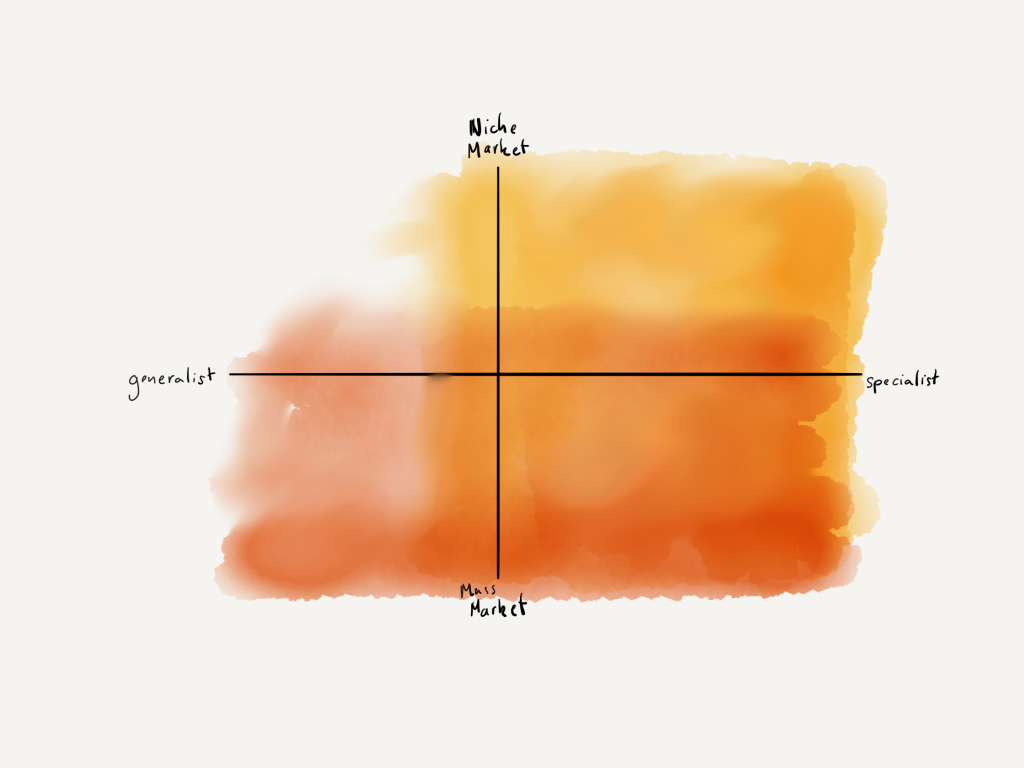‘When I use a word,’ Humpty Dumpty said in rather a scornful tone, ‘it means just what I choose it to mean — neither more nor less.
Through the looking glass – Lewis Carrol
Often, when I hear people talk about copywriting I have to check their answer to the question “what is Copywriting?” In some cases, we’re on the same page, using the same terms to mean basically the same thing. But sometimes our definitions or expectations vary greatly, causing confusion.
A definite of copywriting
Wikipedia defines it as
Copywriting is the process of writing text for the purpose of advertising or other forms of marketing.
This seems like a good fair common definition (as you’d expect from Wikipedia). The problem comes where people draw the line between advertising and marketing materials.
What is copy?
Copy is the text in ads and other materials which have a marketing purpose. This includes typical ideas
- billboard ads
- radio ads
- online ads
- video sales letters
- direct response letters and emails
- sales pages
- sales emails
- website pages
But can also include less commonly associated items including
- social media posts
- blog articles
- nurturing or onboarding materials
- and even in-app text
including these materials can be either come from viewing all actions and text as part of your branding and marketing, or from applying the label “copy” to all text.
Copywriting vs (specialist) copywriting
All this has lead to more specialisms such as
- user interface copywriting
- PR copywriting
- content marketing copywriting
- social media copywriting and more
If you are looking to hire a copywriter or start writing yourself, it’s useful to consider a specialist vs a generalist.
A generalist will, usually, focus more on sales material. They can help you across your sales material and provide a variety of materials. This is great for a small business.
A specialist should have extra knowledge and skill in a specific area and so can deliver greater results. This may mean that they are more expensive and can only address specific parts of your materials. But the investment can bring greater returns and take less time to deliver.
Niche vs specialism
While a specialist focuses on a particular aspect of copywriting, a niche involves serving a particular market or group of people. Copywriting niches can be broader or more refined. Some examples of niches include
- Craft beer
- SaaS
- Small businesses
- eCommerce
- sports
Niches can cross over, so one copywriter might be an eCommerce copywriter, skilled in writing descriptions of products, while another copywriter maybe a coffee copywriter, who knows how to write enticing descriptions of coffee.
This means you can find generalist copywriters, generalist niche copywriters, specialist copywriters, and specialist niche copywriters.


Leave a Reply